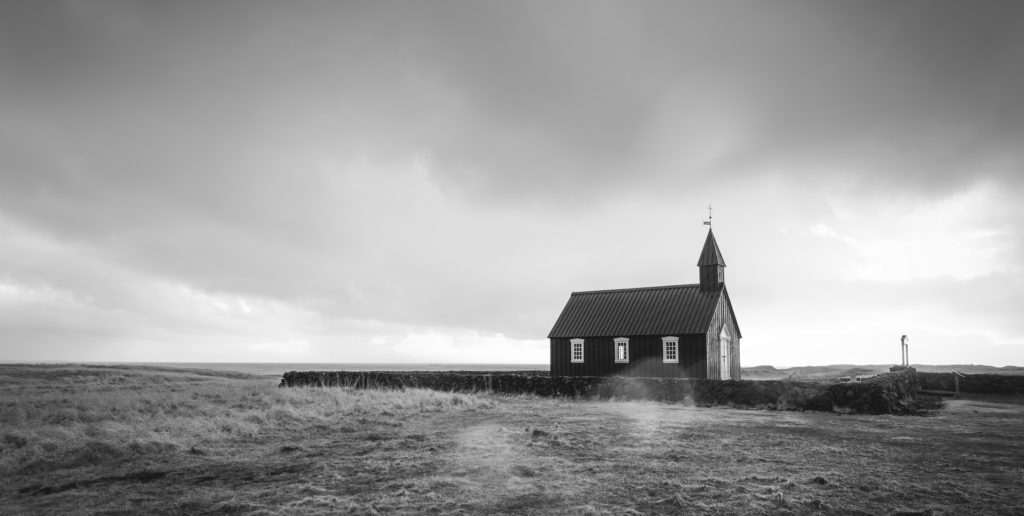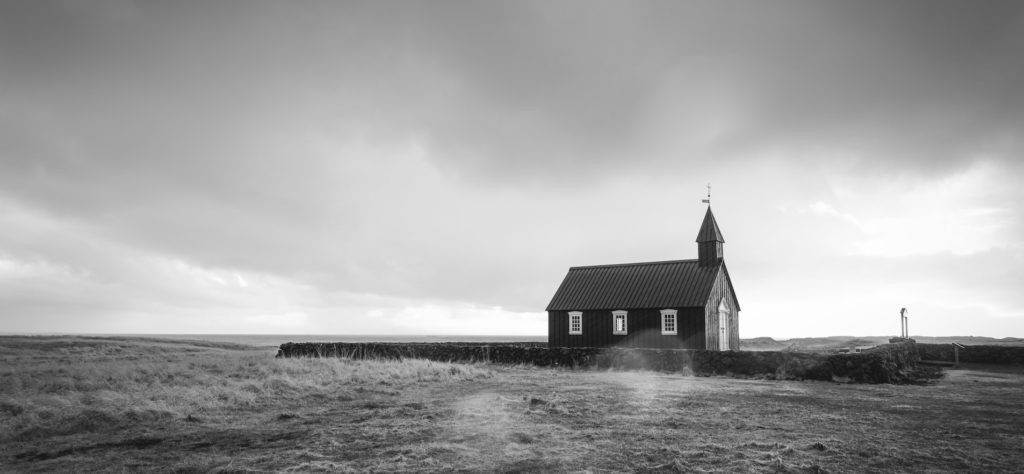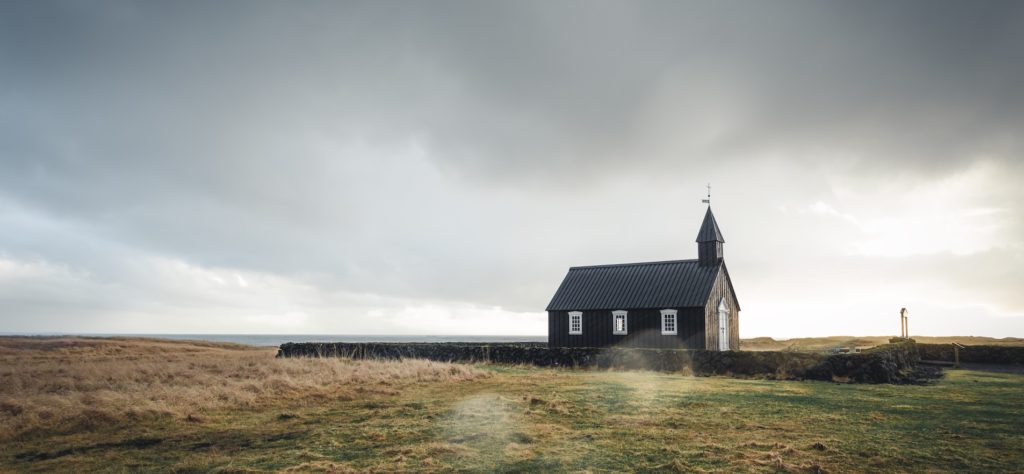In this episode Sarah Jackson sits down with Glenn and Holly Packiam to talk about having intentional rhythms as a family. (Watch for the book Glenn and Holly are writing on this subject—releases next year!)
Be sure to subscribe to our YouTube Channel and follow us on Instagram, Facebook and Twitter to stay connected with us throughout the week!
Early on in our marriage, I would say yes to certain things, and then realize that our spring break or summer went out the window… we started wondering why we were making plans that way…
We can have good ideas, but without intentions, those ideas never take shape… without intentionality, autopilot kicks in and life just kind of passes you by…
The pandemic really destabilized us… we’re not used to that… one thing that’s interesting to notice is that the monastic movement—with its intentional rhythms—happened during a destabilized time… we need to reclaim that…
If we only live with a rhythm or order that is imposed from the outside, that may not be a godly rhythm… and it may not be producing the kind of flourishing life that God invites us into…
Identity is a key part of this—who we are becoming… habits that are built around identity stick… we need to ask what kind of a person our habits are leading us to become…
Years ago, an older couple told us about how they would get away once a year to review their rhythms as a family… we started doing that…
It’s evolved over the years… now, we start with a dinner, and then the next day is an exercise in looking back over the past year, both to give thanks and also to repent…
The other thing we do is listen for a word, phrase, or scripture verse for the coming year, and then think through the rhythms we need to have to make that possible…
For me, if I didn’t do this, I wouldn’t have any built-in times for friends… I was good at planning time for work and spiritual disciplines, but I didn’t have time for friends…
When we started doing this, I became more aware at how reactive I had been with my schedule… giving space to reflect on my schedule helped me be more proactive with things like prayer…
It’s like a ship out in the ocean—if you don’t set a course, you won’t get anywhere…
I’m going to guess that for many pastors and leaders, the area they lack is that there is no intentional rhythm for friendship… you need to make time for friends…




